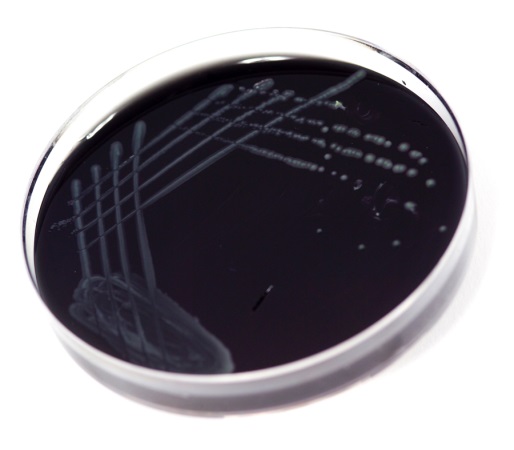Legionella in the News

Eurofins Wellington is one on New Zealand’s largest legionella testing laboratories, processing many thousands of samples each year

The Eurofins-ELS site in Wellington has recently gained IANZ accreditation for a new method for testing Legionella species in water samples.
Method ISO 11731:2017 specifies culture methods for the isolation of Legionella and estimation of their numbers in all kinds of water samples including potable, industrial, waste and natural waters.
The methods can also be used for water related matrices, e.g. biofilms, sediments, etc.
Typical samples that we test for include:
|
The detection limit of the test in water samples is 1 cfu/100mL which is 1,000x more sensitive than the cooling tower method currently offered by most laboratories in New Zealand.
Exposure to the legionella bacteria can cause respiratory illness (Pontiac fever) or pneumonia (Legionnaires disease) in some people. However, the immune system of most people will stop them getting sick, as was the case last week of a Christchurch man who contracted Legionnaires disease.
There are two main sources of legionella in New Zealand:
|
After a long winter, springtime sees many people back out into the garden, and this is the time to take extra precaution.
Store bought potting mixes and compost provides a perfect living environment for legionella bacteria, and it is very important to ensure you follow the directions on the warning labels found on every bag.
Symptoms can take up to 14 days to appear and can usually be treated with antibiotics.






